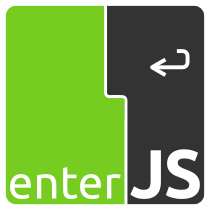parallel 2015 » Agenda »
// How to design portable software based on OpenMP, CUDA and OpenCL?
Multi-core processors, GPUs and other accelerators provide high-performance (and energy-performance) capabilities. Although there are some languages that claim to be universal for all platforms, practical experience shows that this is not fully true. If you care about performance (and you do because you use the latest hardware) you want to run your code with peak performance on all platforms and thus you need special programming approaches and optimizations for each individual hardware. In addition, you do not want to port all your algorithms to every new platform every new year.
In this talk we present and discuss design decisions in our parallel software for sparse linear problems called PARALUTION. It fully supports multi-core CPUs, NVIDIA/AMD GPUs and Xeon Phi devices, both on Linux and Windows OS.
Additional hardware support and new programming models can seamlessly be added without any modification in the core code. Furthermore, we have a look at benchmark results on various platforms that underline flexibility and performance of our approach.
// Referent
//
 Dimitar Lukarski
Dimitar Lukarski
Dimitar is the man behind the core design and implementation of the PARALUTION Library. He is in charge with exploring new fields of application, as well as improving the robustness of the software. Dimitar received his Bachelor’s degree from Technical University of Sofia / Bulgaria, Master’s degree from Technical University of Karlsruhe / Germany, and doctoral degree from Karlsruhe Institute of Technology (KIT) / Germany in 2006, 2008 and 2012, respectively. During 2012-2014 he held a post-doc at the Uppsala Programming for Multicore Architectures Research Centre (UPMARC), Department of Information Technology, Uppsala University, Sweden, where he started the PARALUTION project. Dimitar was a representative for Sweden and a member committee of the EU COST Action IC1305 Network for Sustainable Ultrascale Computing (NESUS). He was also the PI of the Uppsala University’s NVIDIA Research Centre program for 2013 and 2014. Dimitar has strong experience and background in leading various projects (at Uppsala University and at Karlsruhe Institute of Technology).










